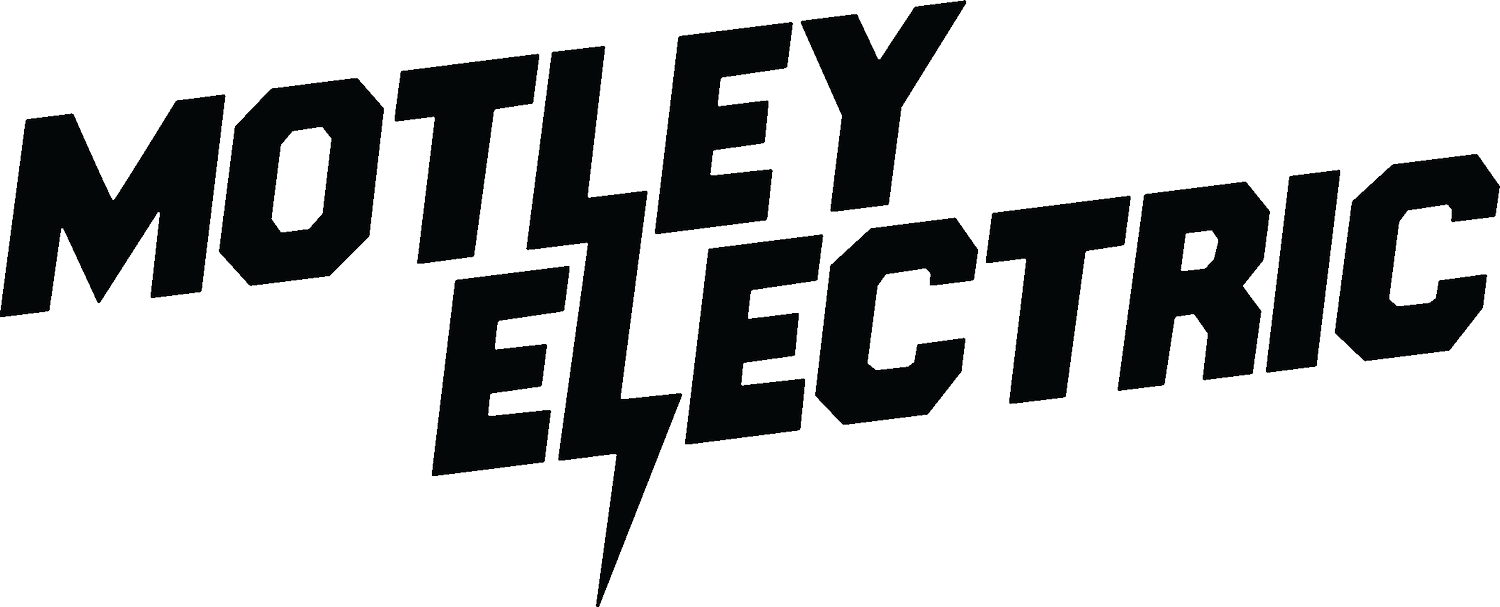Understanding Updated Building and Electrical Requirements in St. Johns County, FL
Staying up-to-date with building and electrical requirements is crucial for homeowners and contractors alike, especially in regions with specific regulations such as St. Johns County, FL. In this blog post, we'll explore the latest updates in building and electrical codes in St. Johns County, providing valuable insights for residents and professionals alike.
1. Building Code Updates: St. Johns County regularly updates its building codes to ensure structures meet safety and quality standards. Recent updates may include changes to requirements for construction materials, structural integrity, insulation, and more. It's essential for contractors and homeowners to familiarize themselves with these updates to ensure compliance with local regulations.
2. Electrical Code Revisions: Electrical codes govern the installation, maintenance, and operation of electrical systems in residential and commercial buildings. Recent revisions may address safety standards for wiring, outlets, circuit breakers, grounding, and other components. Electricians must stay informed about these changes to ensure that electrical installations meet current code requirements.
3. Permitting Process Overview: In St. Johns County, obtaining permits for construction and electrical work is a vital step in the building process. The permitting process ensures that projects comply with building codes and zoning regulations. We'll discuss the steps involved in obtaining permits, including application requirements, inspections, and approval timelines.
4. Energy Efficiency Guidelines: With a growing emphasis on sustainability, energy efficiency guidelines are becoming increasingly important in building and electrical projects. St. Johns County may have specific requirements or incentives for energy-efficient construction and electrical systems. We'll explore strategies for maximizing energy efficiency while complying with local regulations.
5. Safety Precautions and Best Practices: Adhering to safety precautions and best practices is paramount in the construction and electrical industries. We'll provide practical tips for maintaining a safe work environment, preventing accidents, and addressing common hazards on job sites. Safety should always be a top priority for contractors, electricians, and homeowners alike.
Conclusion: Staying informed about updated building and electrical requirements in St. Johns County is essential for ensuring the safety, quality, and legality of construction projects. By keeping abreast of code revisions, navigating the permitting process, prioritizing energy efficiency, and prioritizing safety, contractors and homeowners can contribute to the continued growth and prosperity of our community.
Remember: For specific guidance and compliance with local regulations, always consult with qualified professionals, such as licensed electricians and building inspectors, when undertaking construction or electrical projects in St. Johns County, FL.
